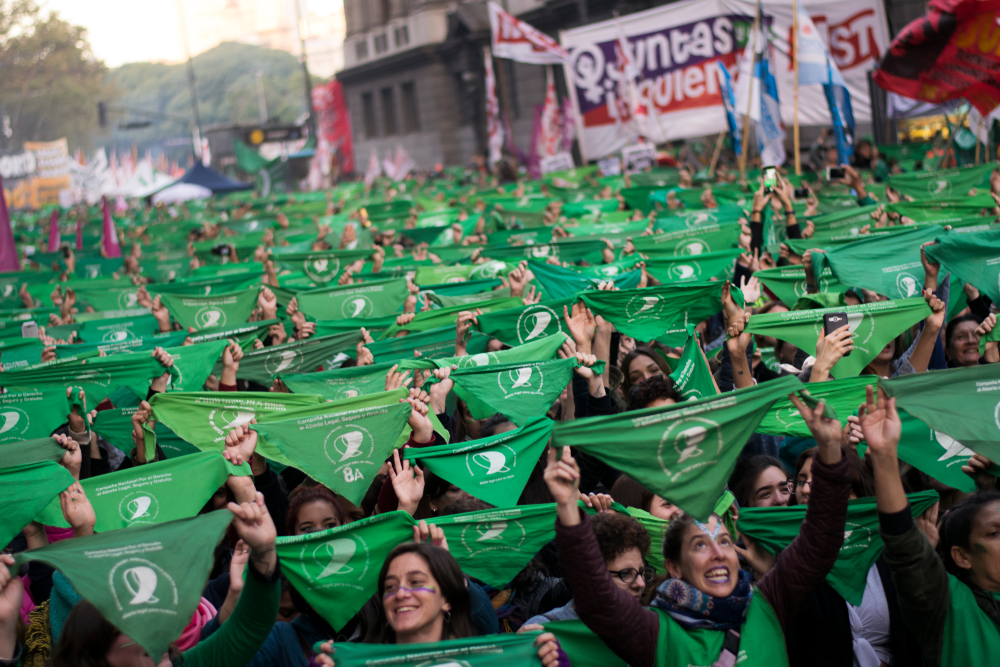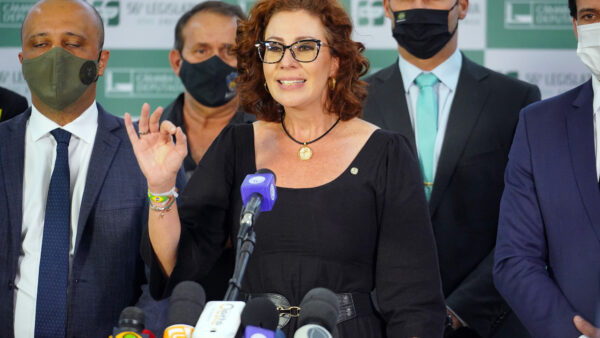In Argentina, center-left President Alberto Fernández has promised to submit to Congress a bill for legal abortions in the coming days, which could make the country the first major Latin American nation to legalize the termination of unwanted pregnancies. In Uruguay, Cuba, and Guyana, abortion is already permitted by law. In Brazil, however, the practice is outlawed in almost all cases, and the existing legislation casts a spotlight over the deep socioeconomic and racial cleavages in the country.
Abortion in Brazil is considered a crime. Women who terminate their pregnancies can face prison sentences of between one and three years, while the individual who carries out the procedure can be sent behind bars for up to four years.
There are four exceptions to this rule: spontaneous abortion (miscarriage), cases where the pregnancy poses a risk to the life of the mother, when the pregnancy is a result of rape, and when the fetus is anencephalic—a birth defect that results in the absence of a major portion of the skull and/or brain.
The reality in Brazil, however, is very different. Though the nature of the practice means that trustworthy figures are hard to come by, clandestine abortions happen every day in the country, with ballpark estimates ranging from between 500,000 to one million each year.
...

 Search
Search






































